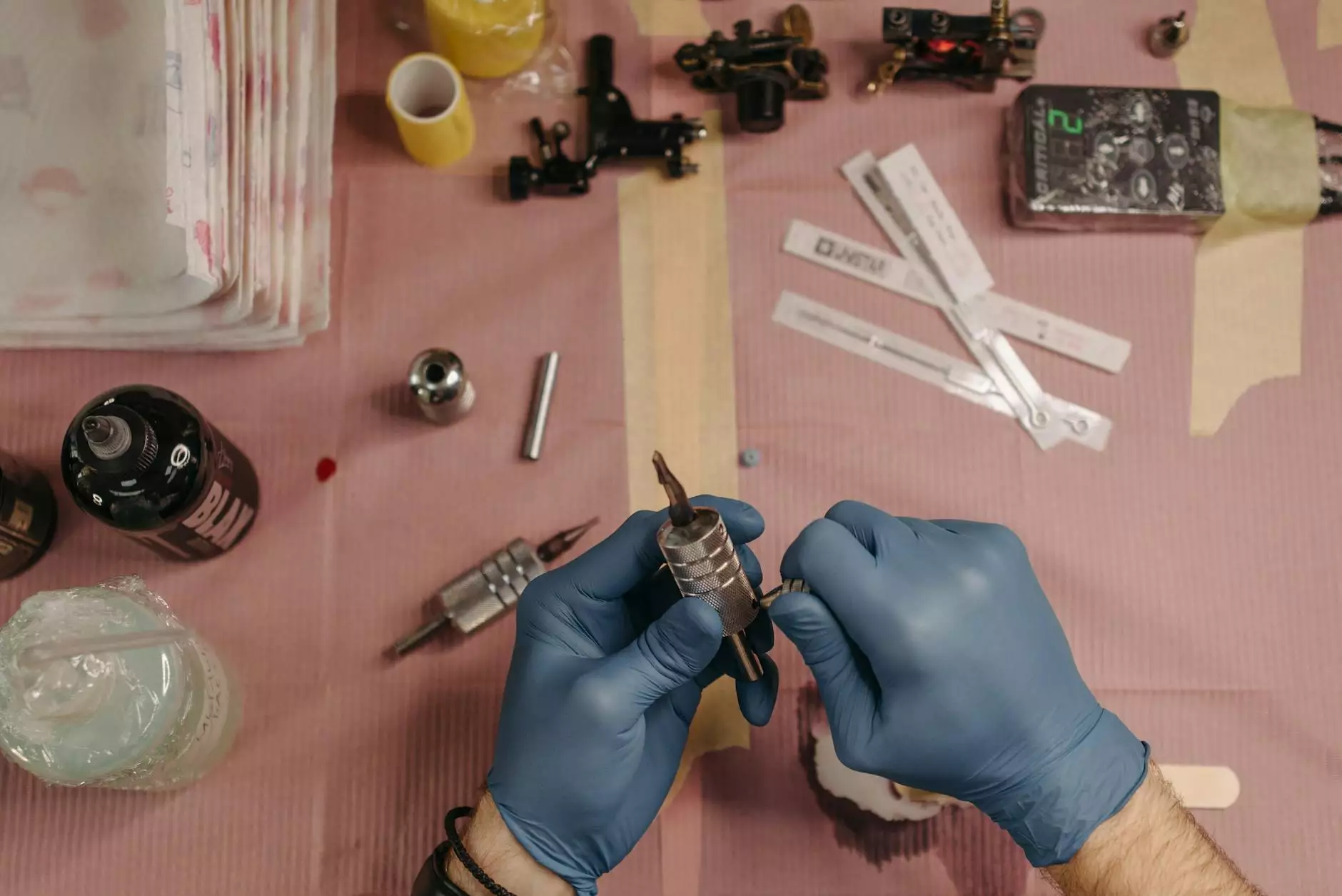Understanding Pancreatic Cancer Treatment: A Comprehensive Guide

Pancreatic cancer remains one of the most challenging types of cancer to treat due to its aggressive nature and late-stage diagnosis. However, advancements in medical science and technology offer a plethora of treatment options that can aid in managing this condition effectively. In this article, we will explore in depth the various modalities of pancreatic cancer treatment, including surgical options, chemotherapy, and emerging therapies.
What is Pancreatic Cancer?
Pancreatic cancer originates in the tissues of the pancreas, an essential organ located behind the stomach. The pancreas is responsible for producing enzymes that help with digestion and hormones that regulate blood sugar. Cancer can begin in the pancreatic ducts (often referred to as pancreatic ductal adenocarcinoma - PDA), which compromises the organ's function and overall health.
Symptoms of Pancreatic Cancer
Recognizing symptoms early can play a pivotal role in treatment outcomes. Common symptoms of pancreatic cancer include:
- Unexplained weight loss
- Jaundice (yellowing of the skin and eyes)
- Abdominal pain that may radiate to the back
- Loss of appetite
- Digestive problems, such as diarrhea or oily stools
Diagnosis of Pancreatic Cancer
Early diagnosis is crucial for effective treatment. Diagnostic procedures may include:
- Blood tests to check for cancer markers like CA 19-9
- Imaging tests, such as CT scans, MRIs, or ultrasounds
- Biopsy to confirm the presence of cancer cells
Overview of Treatment Options
The treatment for pancreatic cancer is tailored specifically to the individual and the stage of the disease. This section outlines the most common treatment modalities:
Surgical Treatment
When detected at an early stage, surgical intervention can offer the best chance for a cure. The primary types of surgical procedures include:
1. Whipple Procedure (Pancreaticoduodenectomy)
The Whipple procedure is often recommended for tumors located in the head of the pancreas. This complex surgery involves the removal of:
- The head of the pancreas
- The duodenum (the first part of the small intestine)
- The gallbladder
- Part of the bile duct
It is a significant operation, but many patients may achieve a long-term survival rate if the cancer is localized.
2. Distal Pancreatectomy
This procedure is suitable for tumors located in the tail of the pancreas. The distal pancreatectomy involves the removal of the tail and body of the pancreas, and occasionally the spleen as well.
3. Total Pancreatectomy
In rare cases, when the cancer has extensively invaded the pancreas, a total pancreatectomy may be performed, removing the entire pancreas along with the gallbladder, spleen, and parts of the stomach and intestines. This procedure may lead to lifelong insulin-dependent diabetes.
Chemotherapy
Chemotherapy is commonly used to treat pancreatic cancer, often administered in conjunction with surgery or as a standalone treatment for advanced cases. The primary goals are to:
- Shrink tumors before surgery (neoadjuvant therapy)
- Kill residual cancer cells post-surgery (adjuvant therapy)
- Manage symptoms and improve quality of life in advanced stages
Common Chemotherapy Regimens
Some of the most common chemotherapy drugs used in the treatment of pancreatic cancer include:
- FOLFIRINOX: A combination of fluorouracil, leucovorin, irinotecan, and oxaliplatin, typically used for patients with good health and performance status.
- Gemcitabine: Often used alone or in combination with other drugs, this is a standard treatment for pancreatic cancer.
- Abraxane: Used in combination with gemcitabine, it can enhance the effectiveness of treatment.
Radiation Therapy
Radiation therapy uses high-energy rays to target and kill cancer cells. This treatment can be used:
- As an adjunct to surgery
- To alleviate pain and symptoms in advanced cancer
- In cases where the tumor is inoperable
Targeted Therapy
Targeted treatments focus on specific molecular targets associated with cancer. In the case of pancreatic cancer, targeted therapies aim to:
- Inhibit cancer cell growth
- Reduce tumor size
- Avoid impacting healthy cells as much as traditional chemotherapy does
Among the targeted therapies, Olaparib has been noted for treating cancers with specific genetic mutations, such as BRCA mutations.
Emerging Therapies and Clinical Trials
The landscape of pancreatic cancer treatment is continually evolving. Clinical trials are essential for discovering new treatments, which may include:
1. Immunotherapy
Immunotherapy harnesses the body’s own immune system to fight cancer. Advances in this area include checkpoint inhibitors and CAR T-cell therapy.
2. Personalized Medicine
Personalized medicine tailors treatment based on the genetic makeup of an individual’s cancer, allowing for more effective and targeted treatment strategies.
3. Combination Therapies
Combining different types of therapies, such as chemotherapy, radiation, and immunotherapy, is showing promise in improving outcomes for patients with pancreatic cancer.
Supportive Care and Palliative Treatment
Supportive care is crucial for enhancing the quality of life for patients with pancreatic cancer, particularly in advanced stages. This may involve:
- Pain management
- Nutritional support to address weight loss and appetite issues
- Psychosocial support through counseling and support groups
Conclusion: A Hopeful Perspective on Pancreatic Cancer Treatment
While pancreatic cancer is a formidable challenge, the ongoing research and developments in treatment options instill hope for patients and families. With a wide array of approaches—including surgery, chemotherapy, radiation, and innovative therapies—people diagnosed with this disease have more resources and support than ever before.
For anyone facing a diagnosis of pancreatic cancer, it is crucial to consult with a specialized medical team that can provide personalized advice based on individual circumstances. Furthermore, being vigilant about symptoms and pursuing timely diagnostic measures can lead to earlier interventions, which significantly contribute to improved outcomes.
For more insightful resources on pancreatic cancer treatment and to connect with specialized oncological practices, visit OncologicalSurgery.net.









